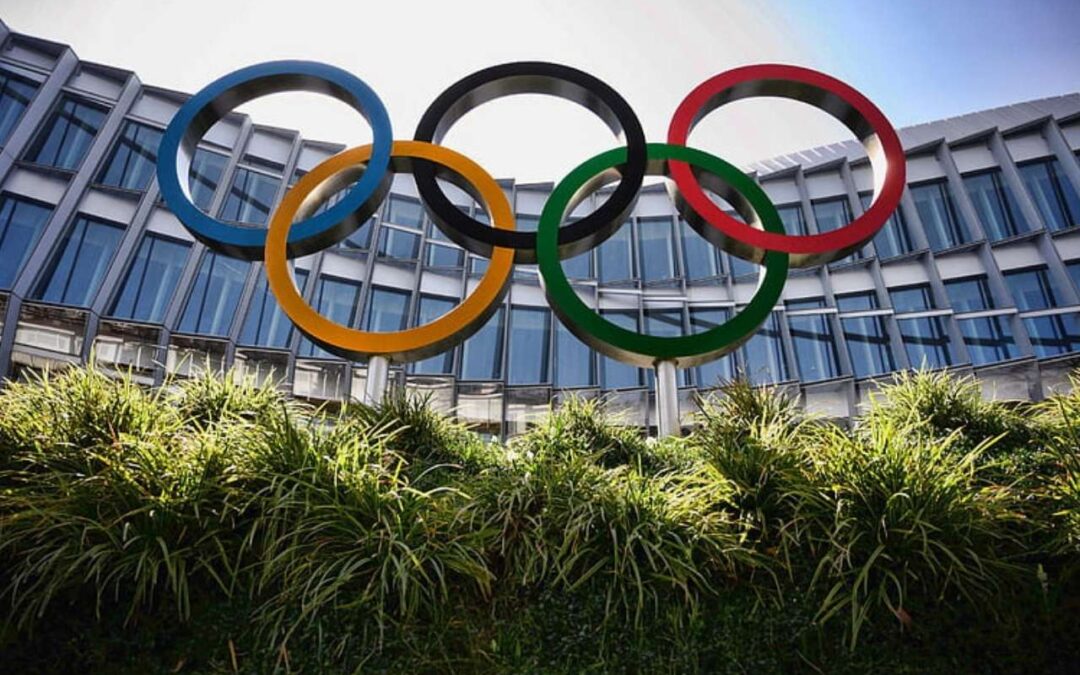In a major change to American sports policy, transgender women have been officially banned from competing in women’s Olympic-level sports in the United States. The decision was announced by the U.S. Olympic & Paralympic Committee (USOPC) on July 22, 2025, and is based on a new federal executive order issued earlier this year.
What the Policy Says
According to the new USOPC policy, only athletes who were assigned female at birth will be allowed to compete in the women’s category of Olympic and youth sports in the U.S.
This means transgender women, people who were assigned male at birth but identify and live as women, will no longer be allowed to take part in women’s competitions. The rule applies to every Olympic sport in the United States, such as track and field, swimming, fencing, gymnastics, and more.
Why This Policy Was Introduced
The USOPC says the change is meant to follow a new law created by the U.S. government. In February 2025, President Donald Trump signed Executive Order 14201, called “Keeping Men Out of Women’s Sports.”
This executive order says that schools and sports bodies that receive government funding must not allow transgender women to compete in women’s sports. Since the USOPC is a federally chartered organization, it must now follow this law.
Also read:
Who Is Affected?
All National Governing Bodies (NGBs), the organizations that run each Olympic sport in the U.S., will have to update their rules to follow this policy. For example:
- USA Fencing already announced it will follow the rule starting August 1, 2025.
- USA Swimming and USA Track & Field are also reviewing their policies and are expected to follow the same path.
- This also affects youth athletes, especially those aiming to compete in national or Olympic-level events.
What About College Sports?
This decision comes just months after the NCAA, which runs college sports in the U.S. also banned transgender women from women’s competitions. The NCAA implemented this change soon after President Trump signed the executive order in February. Now, from school to college to Olympic level, most women’s sports categories in the U.S. are closed to transgender women.
Support and Criticism
- Supporters say: The new rule protects fairness in women’s sports.
- They argue that transgender women may have physical advantages due to male puberty, even if they’ve taken hormone therapy.
- Many Republican lawmakers and women’s sports groups supported the move, calling it a necessary step for “saving women’s sports.”
- Critics say:
- The rule is discriminatory and excludes a very small group of athletes.
- LGBTQ+ rights groups argue that the science on transgender athletes is still developing and varies from sport to sport.
- They also say the move is politically motivated, especially because it follows a Trump order during an election year.
What’s Next?
Some legal experts believe this policy may be challenged in court, especially under civil rights and anti-discrimination laws. The U.S. Supreme Court is already set to review state laws from Idaho and West Virginia in October 2025, which also ban transgender athletes from girls’ and women’s school sports.
Conclusion
The U.S. Olympic Committee’s new ban on transgender women in women’s sports is one of the biggest policy changes in recent years. It marks a turning point in the ongoing debate between fairness in sports and the rights of transgender athletes. As legal battles continue, this story is far from over.
Written by Kinjal Walantra





